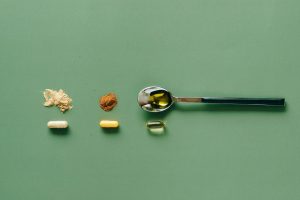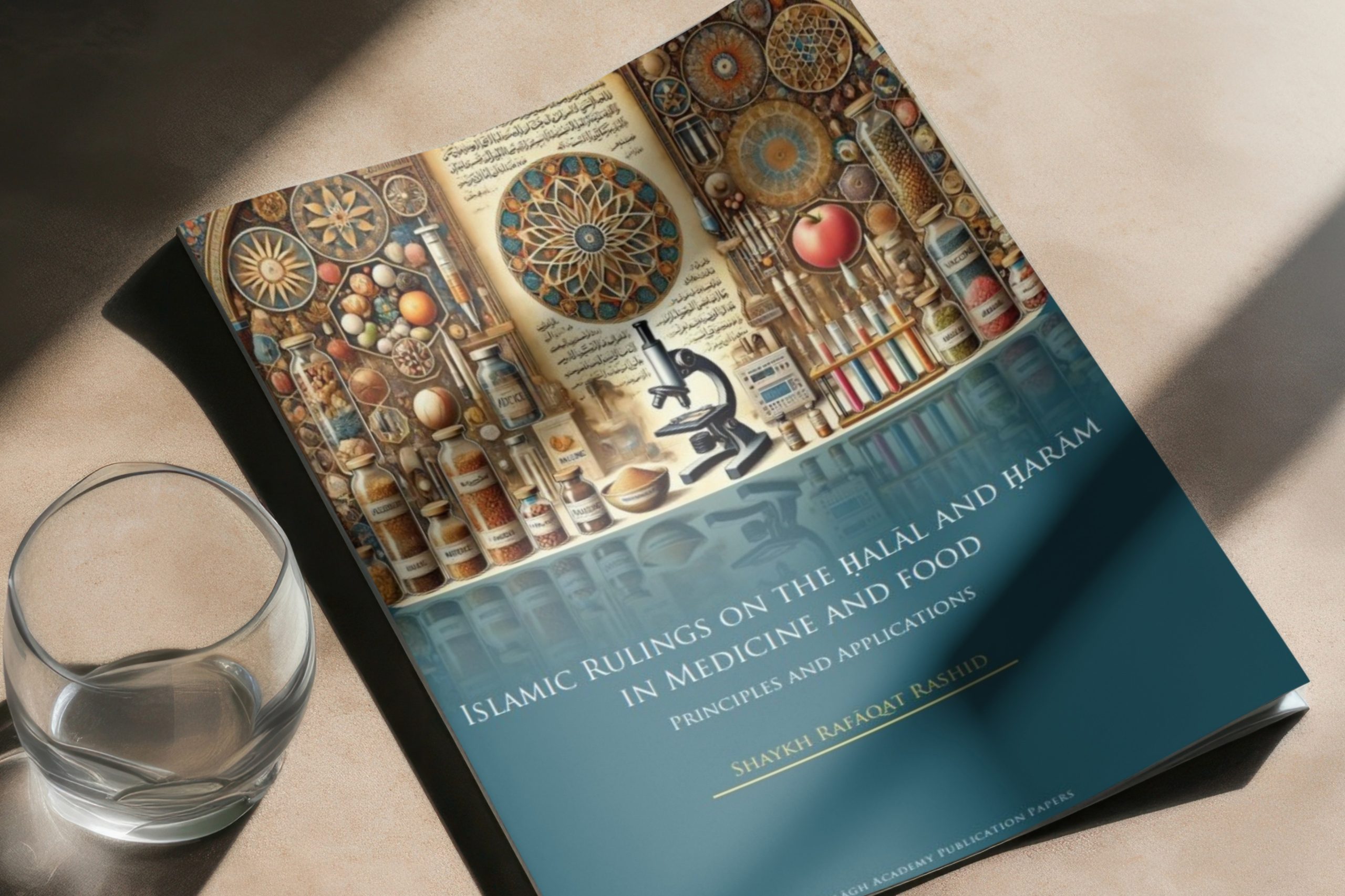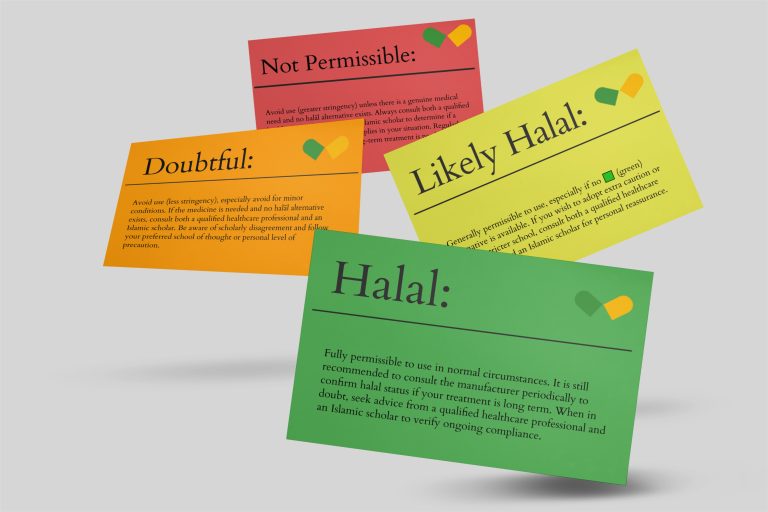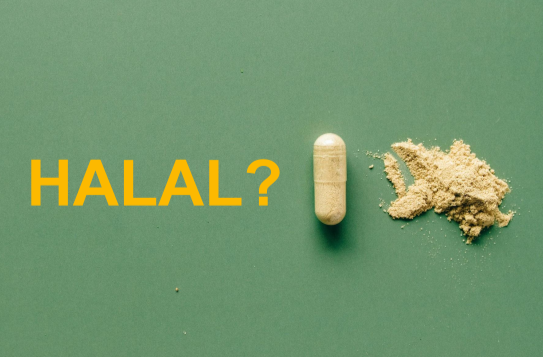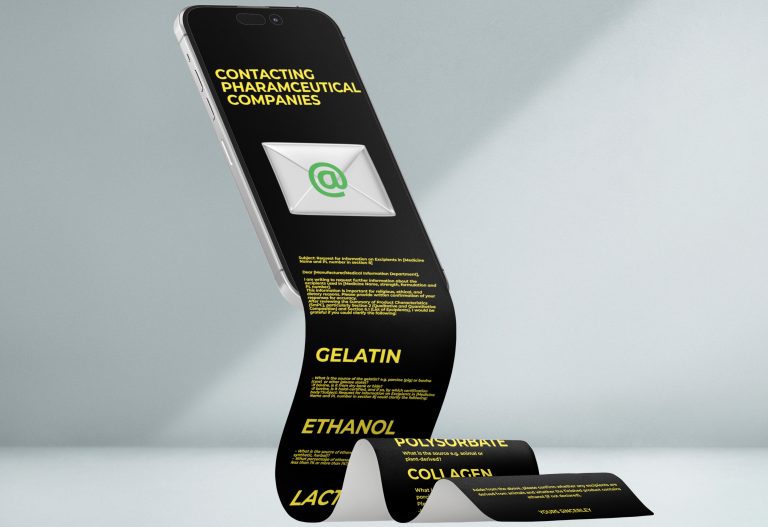Lactose and rennet in medicines
This resource explains the use of lactose and rennet in medicines and outlines the Islamic rulings on their permissibility.
What is lactose and how is it used in medicines?
Lactose is a natural sugar found in milk and dairy products. It is extracted from the milk of cows, goats, sheep, and other halal animals. It is often used in medicines (especially tablets, capsules, powders) as a:
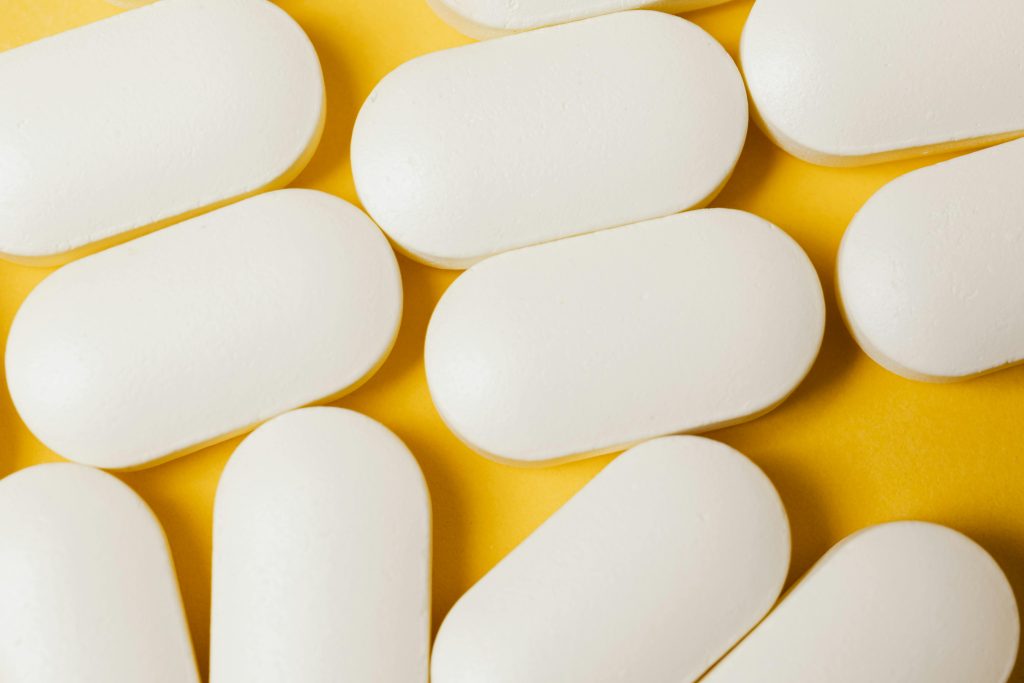
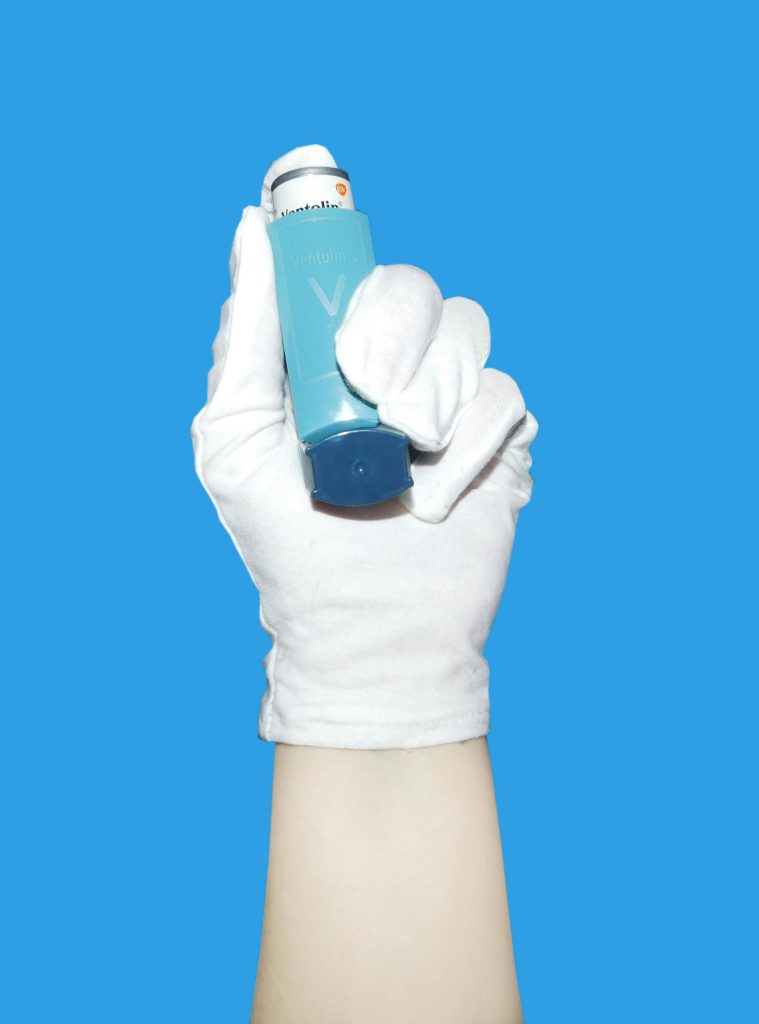
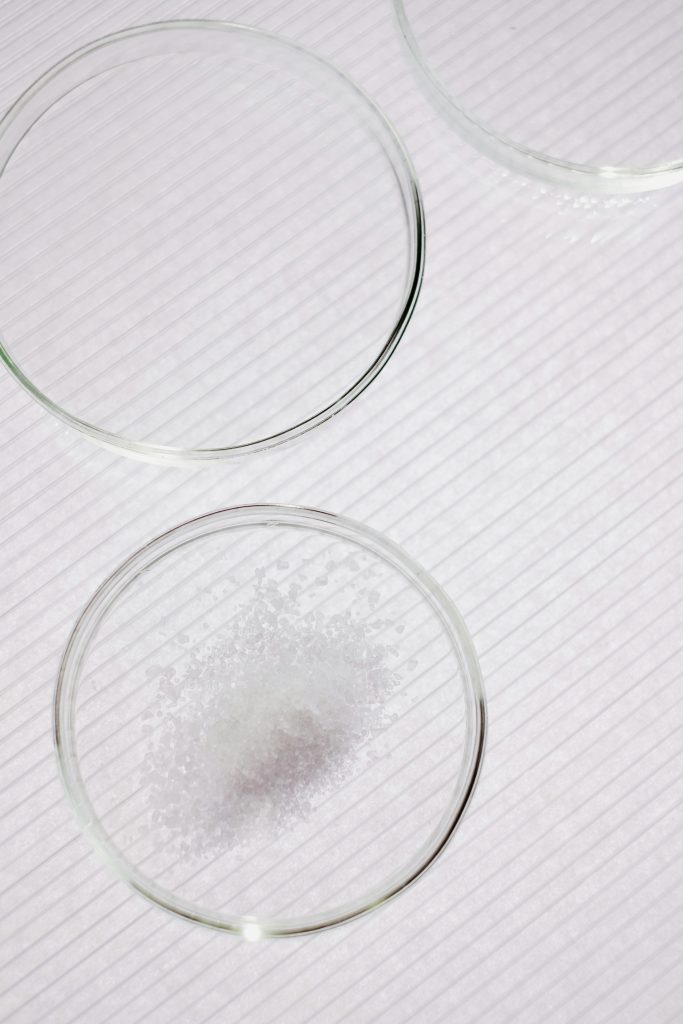
What is rennet?
- Rennet is not an ingredient or excipient, but is a complex mixture of enzymes used in the process of extracting lactose from milk.
- Rennet is usually derived from the stomach lining of young animals like goats, lambs and calves2. Traditionally, bovine (calf) rennet is used to extract lactose from cow’s milk.
🕌 Islamic ruling on lactose and rennet
Lactose
✅ Milk is considered pure (tahir); therefore, lactose is inherently halal according to all four schools of thought (Hanafi, Maliki, Shafiʿi and Hanbali). This includes lactose from animals that are Islamically slaughtered and those that are not Islamically slaughtered e.g. goats, lambs, calves (bovine), because milk remains pure regardless of the method of slaughtering.3
Whilst lactose itself is pure and halal, it is the potential use of rennet in the lactose extraction process that can impact the ruling.
Rennet
| Ruling | |
|---|---|
| Majority view of rennet derived from animals that are Islamically slaughtered e.g. goats, lambs, calves (bovine) | ✅ Halal to consume (Hanafi, Maliki, Shafiʿi and Hanbali) |
| Majority view of rennet derived from animals that are not Islamically slaughtered e.g. goats, lambs, calves (bovine) | ✅ Halal to consume according to Hanafi and Maliki ❌ Haram according to Shafiʿi and Hanbali |
According to all four schools of thought, rennet derived from Islamically slaughtered animals e.g. goats, lambs, calves (bovine) is considered halal to consume as it is legally pure (tahir).
Hanafis and Malikis consider rennet derived from animals not slaughtered Islamically as halal and legally pure (tahir) whereas Shafiis and Hanbalis consider it haram and impure (najis).4
For a more detailed explanation of the reasons behind the differences of opinion regarding rennet derived from non-Islamically slaughtered animals, click the button below.
If you are unsure about taking or using medicines containing ingredients and/or excipients from haram sources, seek guidance from a practising Muslim HCP such as a pharmacist or doctor. Alternatively, consult your local Imam or a trusted Islamic scholar, ideally one who has knowledge and expertise in the fiqh (Islamic rulings) of medicine.
💭Did you know?
Even if a medicine contains an ingredient/excipient from a haram source or was processed using a haram derivative it may still be permitted in certain cases. Here are three Islamic maxims (principles):
- Medical need or necessity (hajah and darurah): Under this principle, if there is a medical necessity, such as an emergency situation, or where there is a strong chance the individual’s health will deteriorate, and if no viable halal alternative is available, then it is permitted to take a medicine contain lactose processed using rennet from haram sources, until a viable halal alternative becomes available.
- An impermissible medicine becomes permissible if five conditions are fully met (click here to learn what the five conditions are).
- Hardship begets facility (al-mashaqqa tajlib at-taysir): Under this principle, if applying religious practice becomes too burdensome or creates hardship, then leniency can be applied to ease it (Click here to read more). If you have tried your best to seek an alternative halal medicine and it becomes too difficult for you, this principle allows you to take/use the medicine you have been prescribed/supplied.
⚠️ Important information for patients
- Always take or use your medicine(s) exactly as directed or prescribed by your healthcare professional (HCP), such as your doctor or pharmacist
- Do not stop, delay, change or alter the way you take or use your medicine(s) without first discussing it with the HCP who prescribed or supplied it to you
- Always consult your HCP if you have any questions or before making any decisions about your treatment
- For Islamic guidance, seek advice from your local Imam or a trusted Islamic scholar – ideally someone with relevant knowledge and expertise in the fiqh (Islamic rulings) of medicines
- Use the information gathered to make an informed decision together with your HCP and, if needed, your local Imam or trusted Islamic scholar.
FAQs
Disclaimer
- This resource is for educational purposes only. It does not constitute clinical, medical, or professional healthcare advice and should not replace individual clinical judgement or qualified religious guidance
- Always consult your doctor, pharmacist, or other healthcare professional regarding your own medical conditions or for advice on treatment options
- Healthcare professionals remain fully responsible and accountable for decisions made within their own scope of practice.
References and resources
- Hebbink, G.A. and Dickhoff, B.H.J. (2019). Chapter 5 – Application of lactose in the pharmaceutical industry. [online] ScienceDirect. Accessed 14.3.2025 from: https://www.sciencedirect.com/science/article/abs/pii/B9780128117200000052 ↩︎
- Tharuka Gunathilake, Taiwo O. Akanbi, Quan Van Vuong, Christopher J. Scarlett, Colin J. Barrow, Chapter 4 – Enzyme technology in the production of flavors and food additives, Value-Addition in Food Products and Processing Through Enzyme Technology, Academic Press, 2022, Pages 45-55, Available from https://www.sciencedirect.com/topics/agricultural-and-biological-sciences/rennet ↩︎
- Islamic Perspective on lactose by Shaykh Dr Rafaqat Rashid ↩︎
- Ruling on rennet according to the four sunni schools of thought by Shaykh Dr Rafaqat Rashid ↩︎



